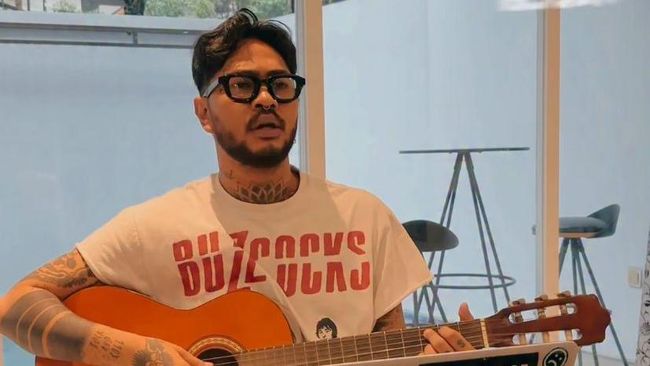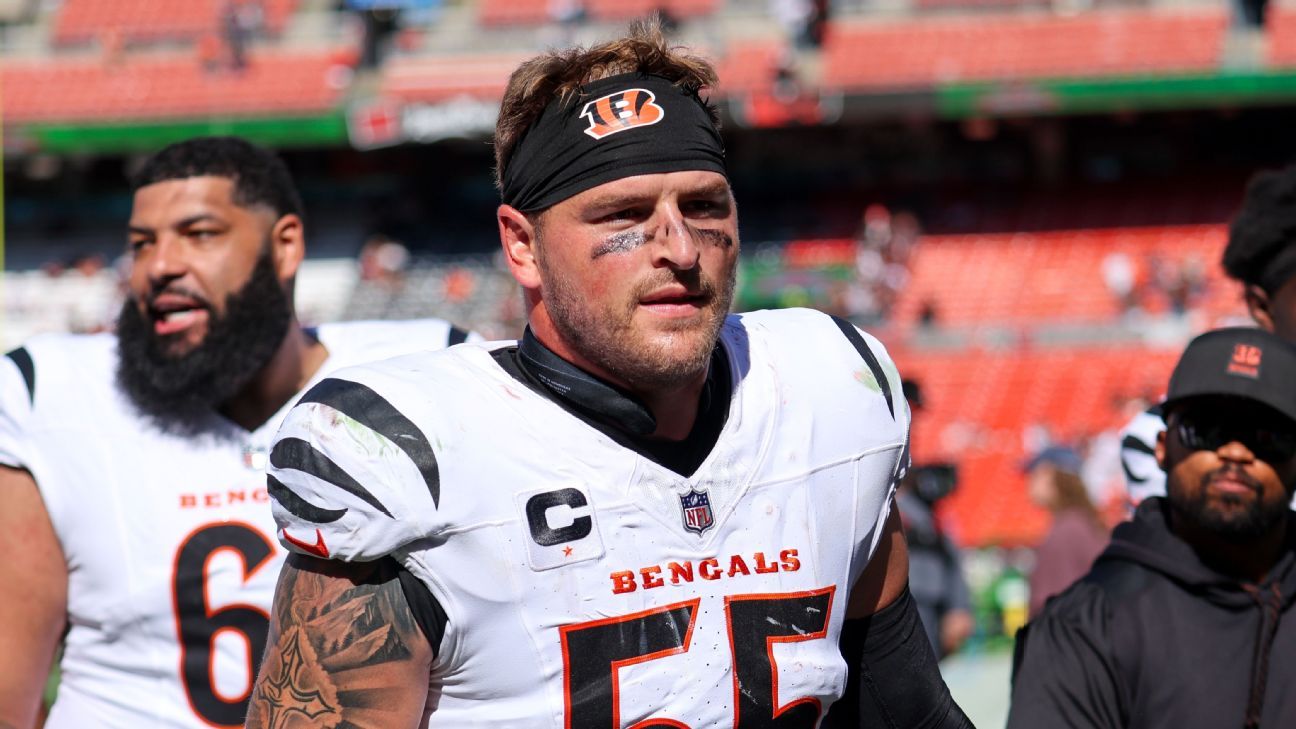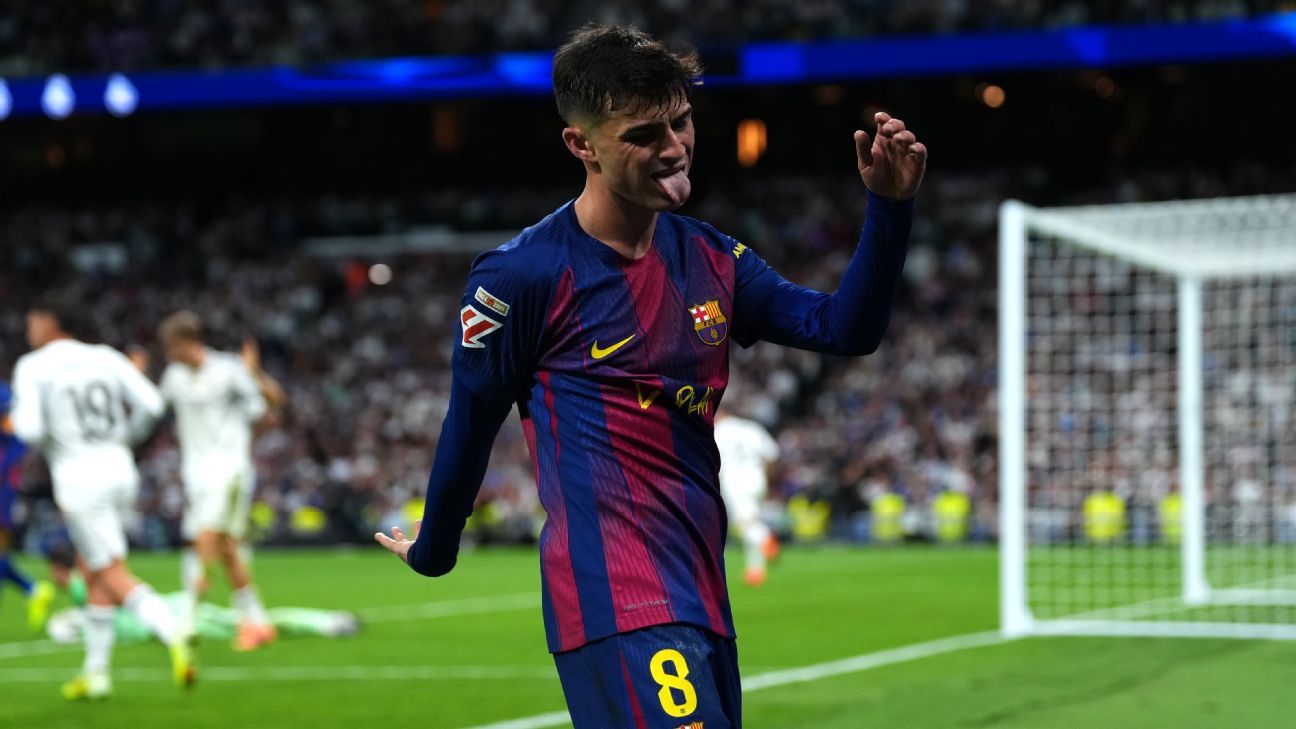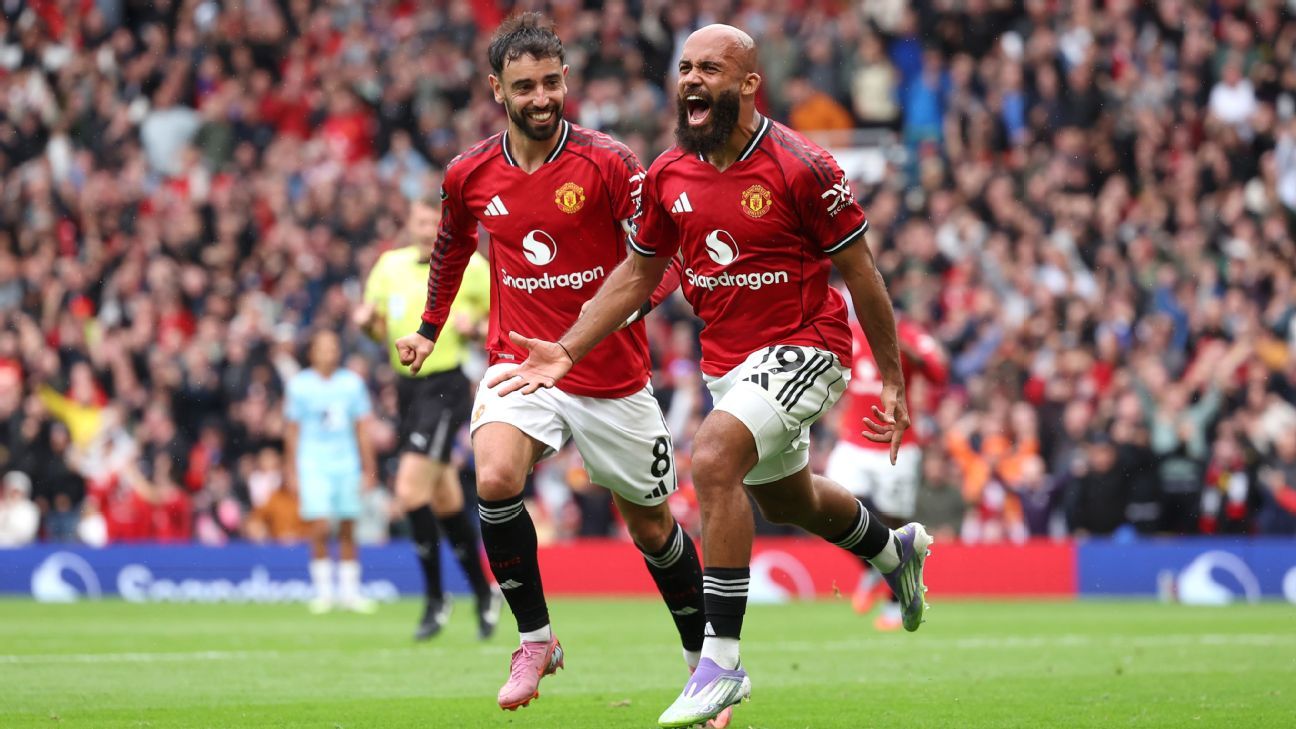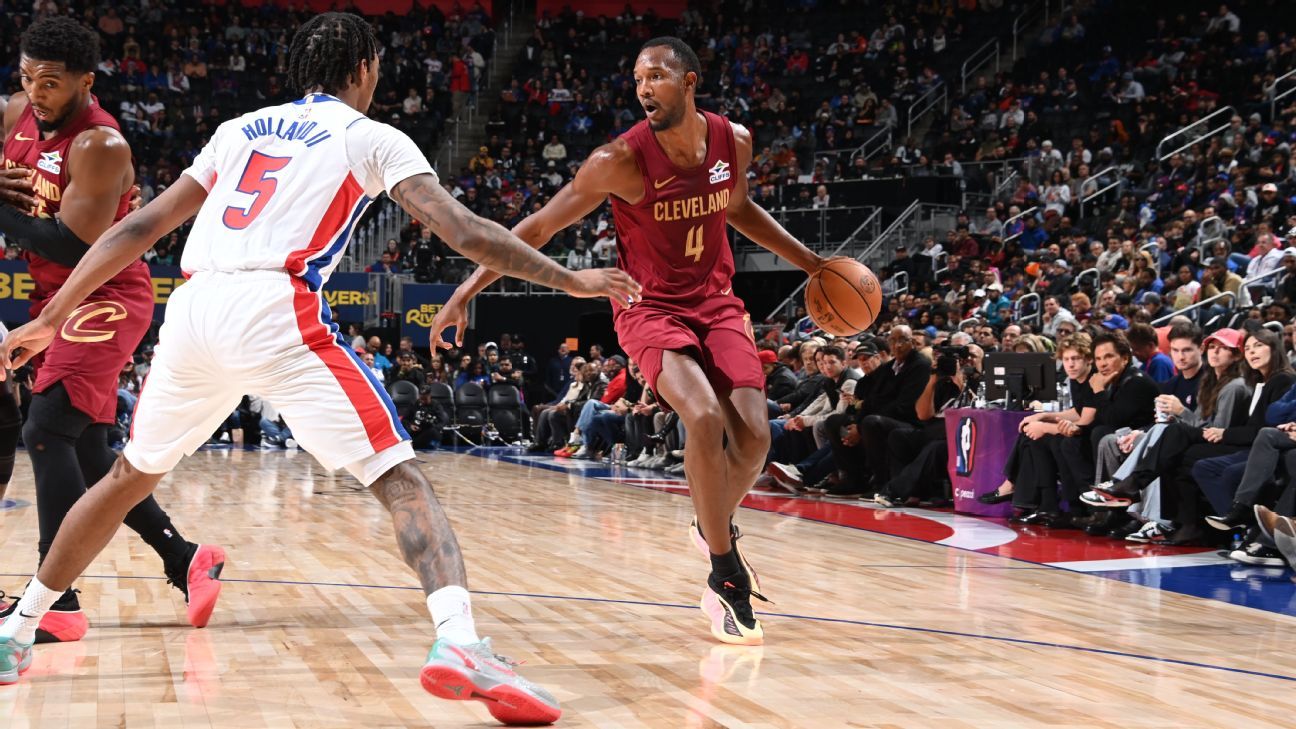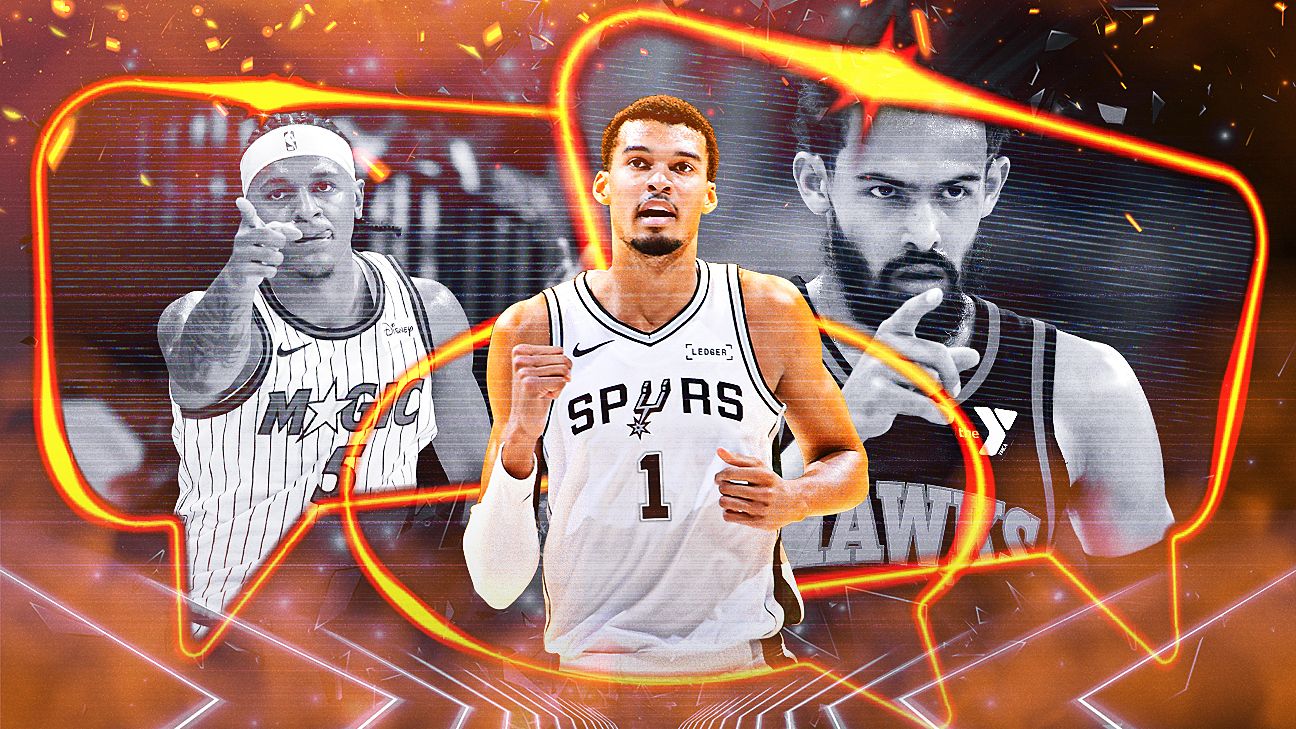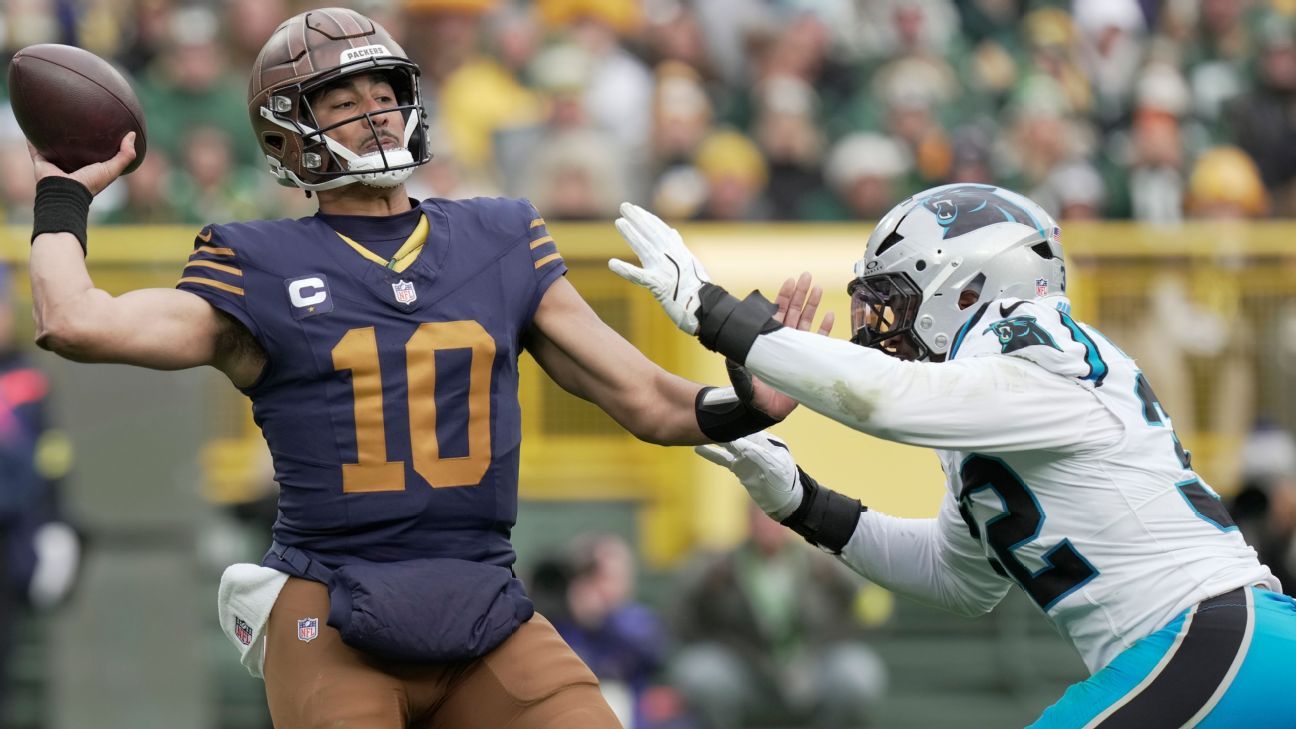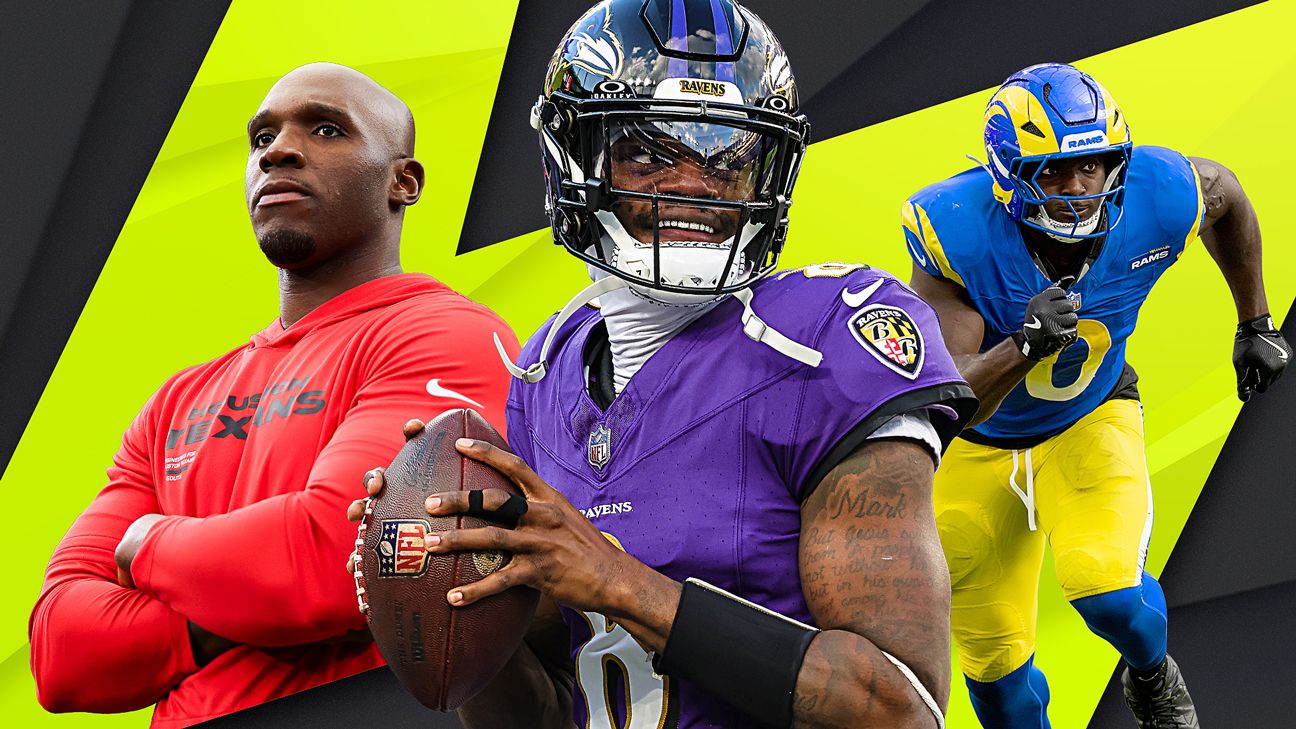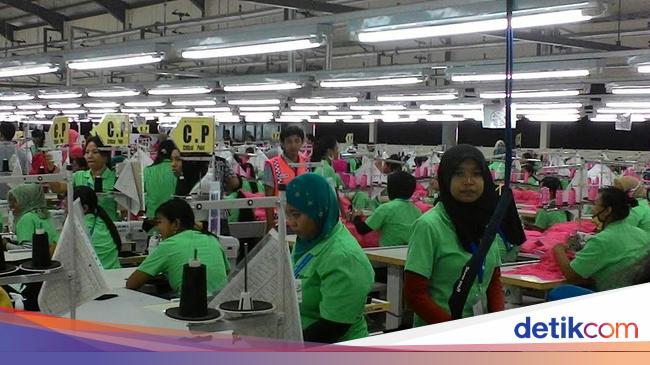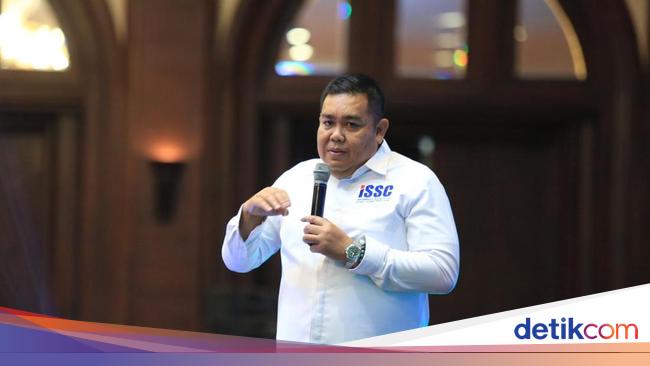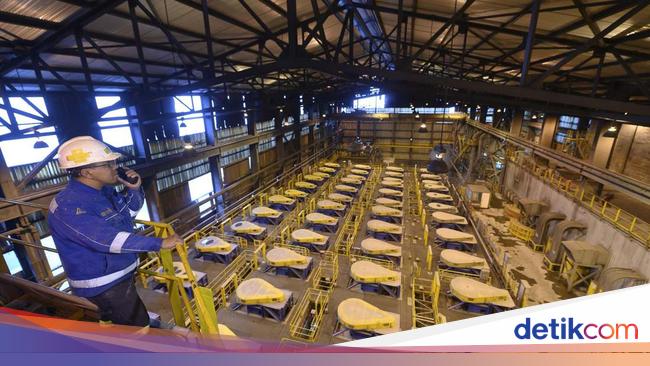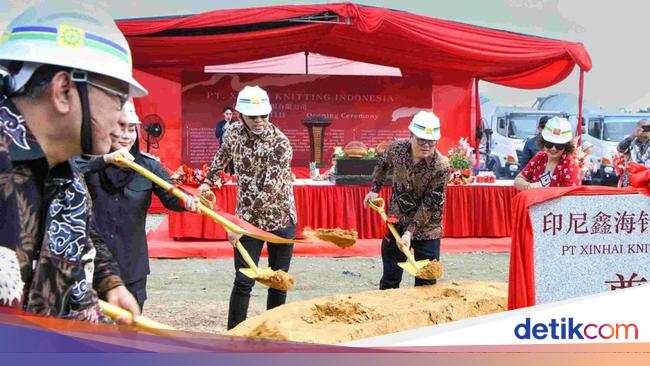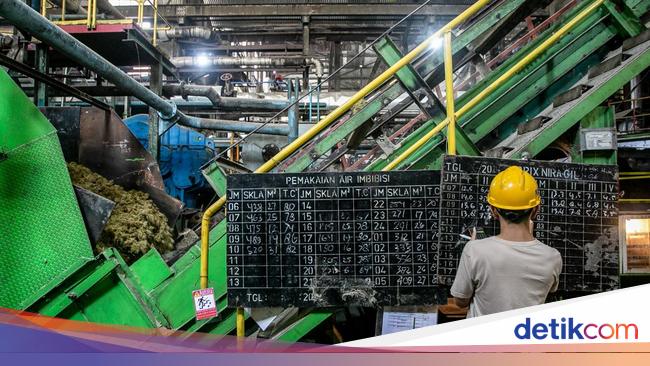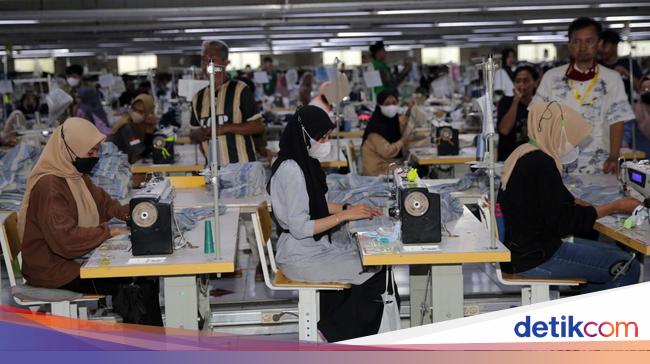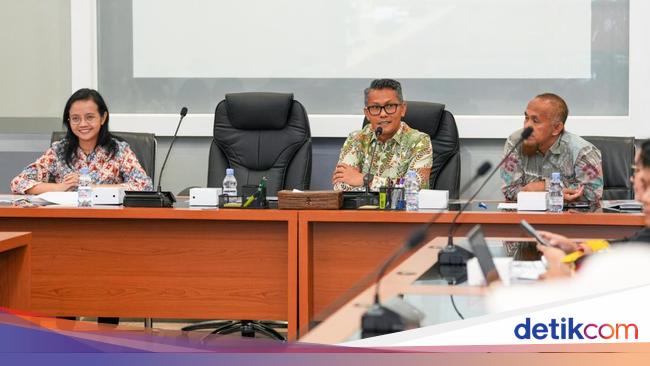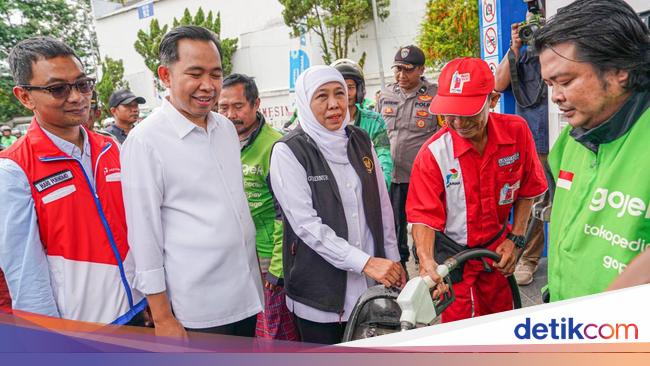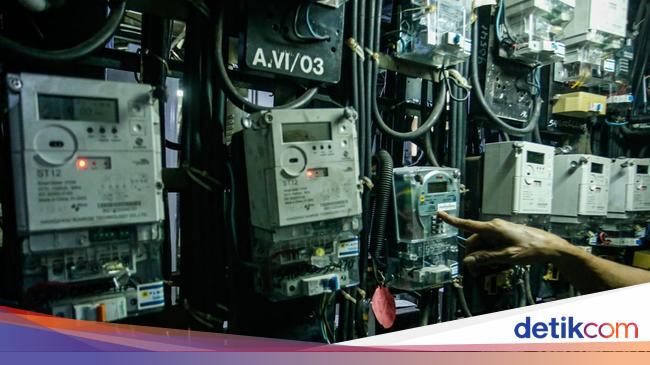Jeff Carlisle

Jeff Carlisle
U.S. soccer correspondent
- Jeff Carlisle covers MLS and the U.S. national team for ESPN FC.
Cesar Hernandez
Jul 10, 2025, 10:00 AM ET
It's been an eventful summer for the U.S. men's national team. Things got off to a rocky start, with a squad short of several starters and disappointing friendly defeats to Turkey and Switzerland.
When the matches counted, though, Mauricio Pochettino & Co. rebounded nicely. The USMNT was perfect in the Gold Cup group stage, gutted out knockout-round wins over Costa Rica and Guatemala, before delivering an admirable, gritty performance -- considering the youth and inexperience of its squad -- in the narrow 2-1 final defeat to Mexico.
So, as the players embark on some much needed rest and relaxation before the new European club campaign kicks off in barely a month's time, where does that leave the U.S.? ESPN's Jeff Carlisle and Cesar Hernandez reflect on the Americans' Gold Cup run and draw conclusions with one eye on next summer's FIFA World Cup on home soil.
Is a runner-up finish a successful Gold Cup?
Carlisle: Yes. It certainly helped that expectations were as low as they could be heading into the tournament thanks to the 4-0 friendly loss to Switzerland, when the U.S. didn't look remotely competitive. But this team, comprised mostly of MLS players, recovered, and went about as far as its talent level could take it.
Were there some close calls? Definitely. Closer than they needed to be, in fact. But they largely mirrored the results we saw in 2021 when a side that was also at less than full strength won the Gold Cup. I also think when you consider how injuries to Haji Wright and Johnny Cardoso cut into Pochettino's depth, the U.S. did well to go as far as it did. And there's no shame in losing the final to a Mexico squad that was much closer to full strength.
More than anything, players built up their stock and gained experience. Now the trick is to build on what was accomplished.
Hernandez: Keeping in mind that the national team was heading into the tournament with a four-game losing streak and plenty of off-the-field noise, we can definitely consider a second-place finish a success.
Granted, there were some very narrow victories -- including a dramatic penalty shootout in the quarterfinals that almost led to an entirely different conversation about the U.S. team this summer -- but credit is due to Pochettino and his alternate roster for maintaining their perseverance up to the final.
Despite the bittersweet end against a stronger Mexico side that outplayed the U.S. in Sunday's championship match, Pochettino should feel content about the insight gained ahead of next summer's World Cup. As for his players, the experiences earned for many MLS-based options in the knockout-round matches are invaluable.
Which player best bolstered his claim for a World Cup place?
Hernandez: Either as a starter or a first option off the bench, Diego Luna looks ready to be an important, game-changing player for the USMNT in 2026.
All gas and no brakes, the 21-year-old attacking midfielder played with an intensity that was unmatched by any other member of the roster, and along the way, he earned three goals and two assists in six appearances. Dynamic, hungry for the ball and willing to take necessary risks, the Californian was a genuine joy to watch -- especially against Guatemala with his two goals in the first 15 minutes.
But there's room for improvement. As seen against Mexico, and possibly because of how Pochettino organized the XI, Luna went quiet in the biggest game of his short national team career. Still, if he continues to develop at the pace we've seen since last year, he could soon reach another level or two before next summer.
Carlisle: Chris Richards. Entering the tournament, the center-back pairing was up for grabs. Richards -- and to a lesser extent Tim Ream -- seized it with both hands and showed no sign of letting go. Not only did Richards defend with composure and solidity, but he chipped in with a couple of goals as well. Oh, and by the way, he's become more of a leader on this team. That will be critical when more of the full team convenes in September.
I'd say at this stage, health permitting, Richards has locked up one of the starting spots for the World Cup, which counts as fantastic news for Pochettino. Too much of the team and its construction has been in flux. To have a player make a position his own will help the U.S. manager sleep better at night.
How did Pochettino fare in his first major tournament?
Carlisle: I'd say Pochettino is doing ... OK, but OK isn't what the U.S. Soccer Federation is paying for. They are paying for excellence, and that hasn't come just yet.
To be clear: Pochettino hasn't had it easy, what with an abbreviated runway to next year's World Cup, as well as the fact that he's been without his top players for long stretches. I think that Pochettino did well with the group he had available at the Gold Cup, but it's also clear he's going to need to bring back the more talented players at some point. Talent matters.
1:46
Where did it go wrong for the USMNT in the Gold Cup final?
The "Futbol Americas" crew debate what went wrong for the United States in its 2-1 loss to Mexico in the Gold Cup final.
The problem: I get the sense he's chafing at some of the cultural issues around the team, namely the lack of competition within the squad and the complacency that's set in. I think for him, that process has been harder than he expected. However it happens, he's going to need to get those players on board. That will ultimately determine if his time as U.S. manager is a success or failure.
Hernandez: If we're giving it a letter grade, let's say it's close to a C+.
It's a passing grade either way, and the summer has been a success, but there is a sense that this is also the bare minimum when you consider Pochettino's résumé and history. Sure, it was mostly an alternate group at the Gold Cup and he's been in the job for less than a year, but with the latest squad and previous call-ups, has he elevated the national team to the level that was expected of him when he first arrived?
On the field, there are still questions. The same could also be said off the field with how he's had to manage the culture of his team. Pochettino seems surprised at the overarching mindset of American soccer -- "when we talk about culture, that is culture," said the Argentine about Guatemala's players and fans in St. Louis -- and it's fair to say his dealing with an absent Christian Pulisic could have been better.
Could the team move on from some of its high-profile absentees?
Hernandez: Many marquee players are still very much needed. Pochettino and his roster should feel proud of their perseverance and doggedness in the Gold Cup, but the reality is that they were truly missing Pulisic, Antonee Robinson, Weston McKennie, Folarin Balogun, Timothy Weah, Sergiño Dest and other absent stars who would have helped get the job done against Mexico.
For most of those names, we also shouldn't overlook their previous World Cup experience that will be a boost ahead of 2026. This is also a case-by-case situation, though.
Looking further down the list, do they need Giovanni Reyna? Or Yunus Musah? They'll probably be in the mix next summer, but as of now, we can't confidently say they're a vital piece of the puzzle.
Carlisle: Managing isn't just about putting the best 11 players out on the field. It's part alchemy as well in that they have to make a cohesive team. By the end of the Gold Cup, it was clear that the group was unified and fighting for each other.
But if the Gold Cup final proved everything, it's that the U.S. still needs all the talent it can muster, and how Pochettino adds in the presumed first-teamers will determine if he ends up with chemistry or chaos.
A few of those are no-brainers, like Robinson and Dest. Those two alone will do plenty to kick-start the U.S. attack. Balogun is another, assuming he can stay healthy. As for Pulisic, McKennie and the rest, that will bear watching given the sniping that has occurred.
Playing time at club level will be the ultimate decider, which doesn't bode well for the Reynas of the world. Ultimately, I think most everyone comes back, but when and how remains to be seen.
Did players seem to understand what Pochettino wants from them?
Carlisle: For the most part, they did understand. It makes sense in that this was the closest thing to a club environment that Pochettino and the players will experience together. Pochettino was in his element and the players responded by buying into his methods. This was proved by the way the players pulled for and supported one another, with the way they backed Malik Tillman after his missed penalty against Costa Rica a case in point.
Execution is a different issue. Obviously as the games got more difficult, the execution began to fray a bit. Part of that will come as these players continue to gain more experience.
Pochettino did make some head-scratching decisions, including the deployment of Max Arfsten into a fullback when his defensive abilities didn't seem to possess a lot of internal logic. But by tournament's end, Arfsten's defense had improved considerably, an example of the team's willingness to adapt.
Hernandez: That remains up for debate.
The grit and determination was there as they powered their way to the final, but there were a handful of moments during the tournament in which the ideas didn't seem fully fleshed out or understood. In-game management was occasionally questionable, leading to tactical alterations that seemed to create confusion for some of his players.
To be fair to Pochettino, he was also simply dealing with the hand he was given with the alternate roster. No matter the caliber of the manager in charge, any coach would have had a challenging time trying to find cohesion and build an identity. That unity was eventually built by the final, but it just wasn't enough against a powerhouse like El Tri.
What lessons can the U.S. take from the Gold Cup?
Hernandez: One key lesson was identifying the individual players who could rise to the occasion in high-pressure moments.
1:34
Pochettino talks 'embarrassing' no-call on apparent Mexico handball
USMNT manager Mauricio Pochettino talks about a penalty not being issued after Mexico's Jorge Sánchez's apparent handball in the box.
Tillman, Luna, Richards, Matt Freese and others took charge when needed on the pitch, all while showcasing another lesson: The value of mental toughness from the summer's squad.
"It's the grit, it's the determination that we've been lacking. To be honest, it's fighting to the end. Every ball, every moment," said Luna after their semifinal win over Guatemala. "The game's about moments, and I think this is where we showcase it."
Looking ahead, one major task for Pochettino will be maintaining that energy once their stars return.
Carlisle: Vibes matter. If the group buys in, and the players fight for each other, then good things can happen. It sounds simple, but if that was true, the U.S. wouldn't have laid the egg that it did at the Concacaf Nations League in March, when the team looked like it was going through the motions.
The team's fight used to be foundational. Lately it has waxed and waned -- mostly waned. That it was present on a more consistent basis counts as a positive.
Learning how to perform in hostile environments counted as another step forward for this group. Yes, the Mexico result wasn't what the U.S. wanted, but getting exposed to such situations will stand these players in good stead moving forward.

 3 months ago
29
3 months ago
29





